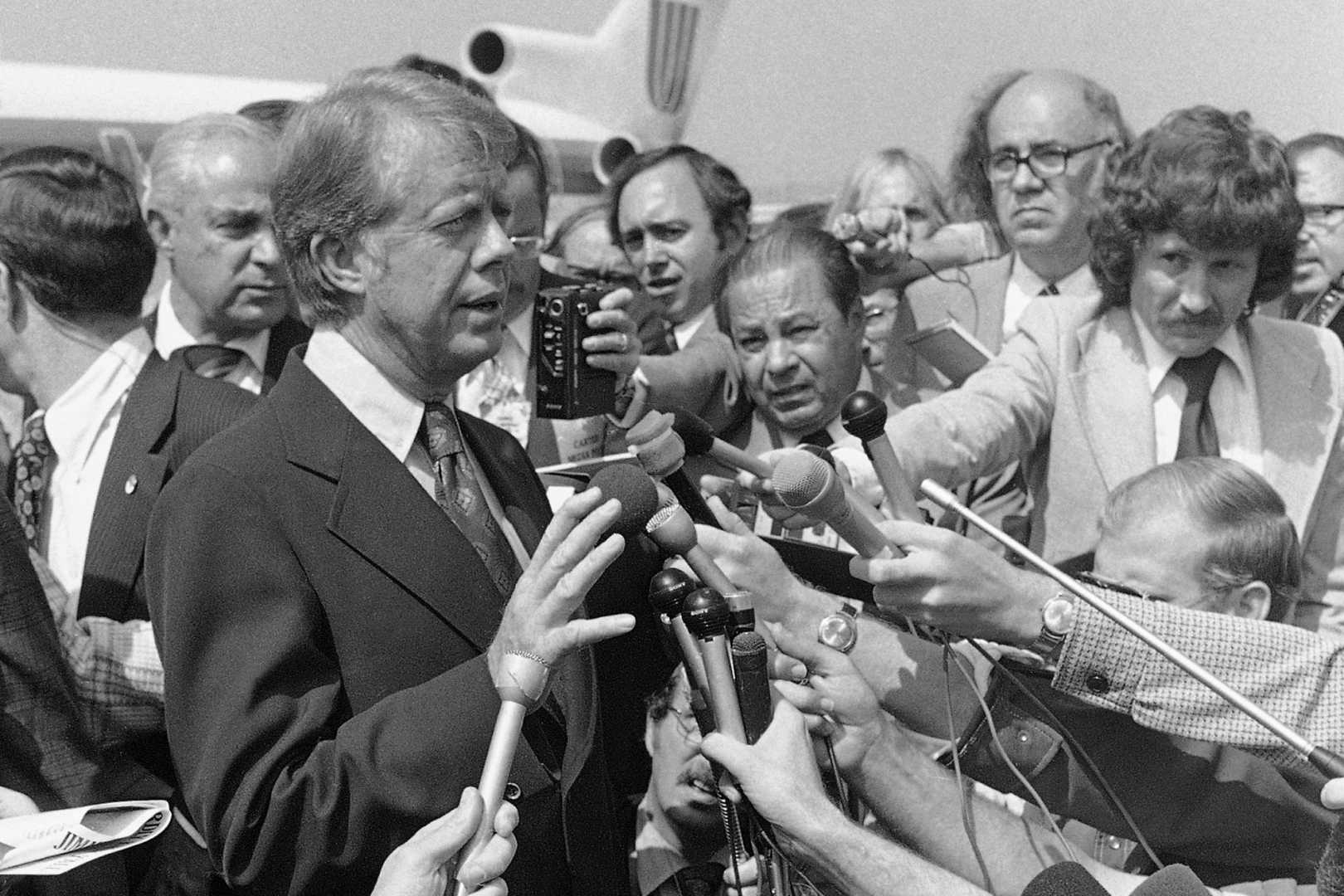Politics
Jimmy Carter’s Faith Redefined Religion in U.S. Presidential Politics

Jimmy Carter, the 39th U.S. president who died Dec. 29, 2024, at age 100, reshaped the role of religion in American presidential politics. In 1976, Carter, a devout Southern Baptist, openly discussed his evangelical faith during his campaign, a move that initially baffled the media but resonated with millions of Americans. His candidness about his Christian beliefs marked a turning point, making religious expression a staple in U.S. political discourse.
During his campaign, Carter told journalists, “The most important thing in my life is Jesus Christ.” This declaration, rare at the time, sparked a media frenzy as reporters scrambled to understand what it meant to be an evangelical. Kenneth Briggs of The New York Times later noted that Carter’s faith was not an anomaly but a reflection of a growing movement, with 40 to 50 million Americans identifying as evangelicals in the 1970s.
Carter’s presidency coincided with the rise of politically active white evangelicals. While his faith-driven approach to governance appealed to many, it also created tensions. As president, Carter took moderate stances on social issues like abortion and gay rights, which alienated some conservative Christians. His support for a gay rights bill and opposition to an anti-gay ballot initiative in California drew criticism from the Southern Baptist Convention, his own denomination.
By the 1980 election, conservative evangelicals had largely shifted their support to Ronald Reagan, who embraced the religious right’s agenda. Jerry Falwell, founder of the Moral Majority, mobilized millions of evangelical voters to back Reagan, cementing the alliance between the Republican Party and conservative Christians. Despite this shift, Carter’s legacy as the first modern president to openly integrate faith into his political identity remains significant.
After leaving office, Carter continued to advocate for progressive religious values. He distanced himself from the increasingly conservative Southern Baptist Convention, supporting the Cooperative Baptist Fellowship, which emphasized church-state separation and gender equality in ministry. In 2008, he helped establish the New Baptist Covenant, a coalition of moderate Baptists promoting social justice and racial reconciliation.
Carter’s influence extended beyond his presidency. His willingness to speak openly about his faith paved the way for future politicians to do the same, though often with different ideological goals. As historian Neil J. Young observed, Carter’s sincerity in discussing his beliefs redefined the role of religion in American politics, leaving an indelible mark on the nation’s political landscape.












